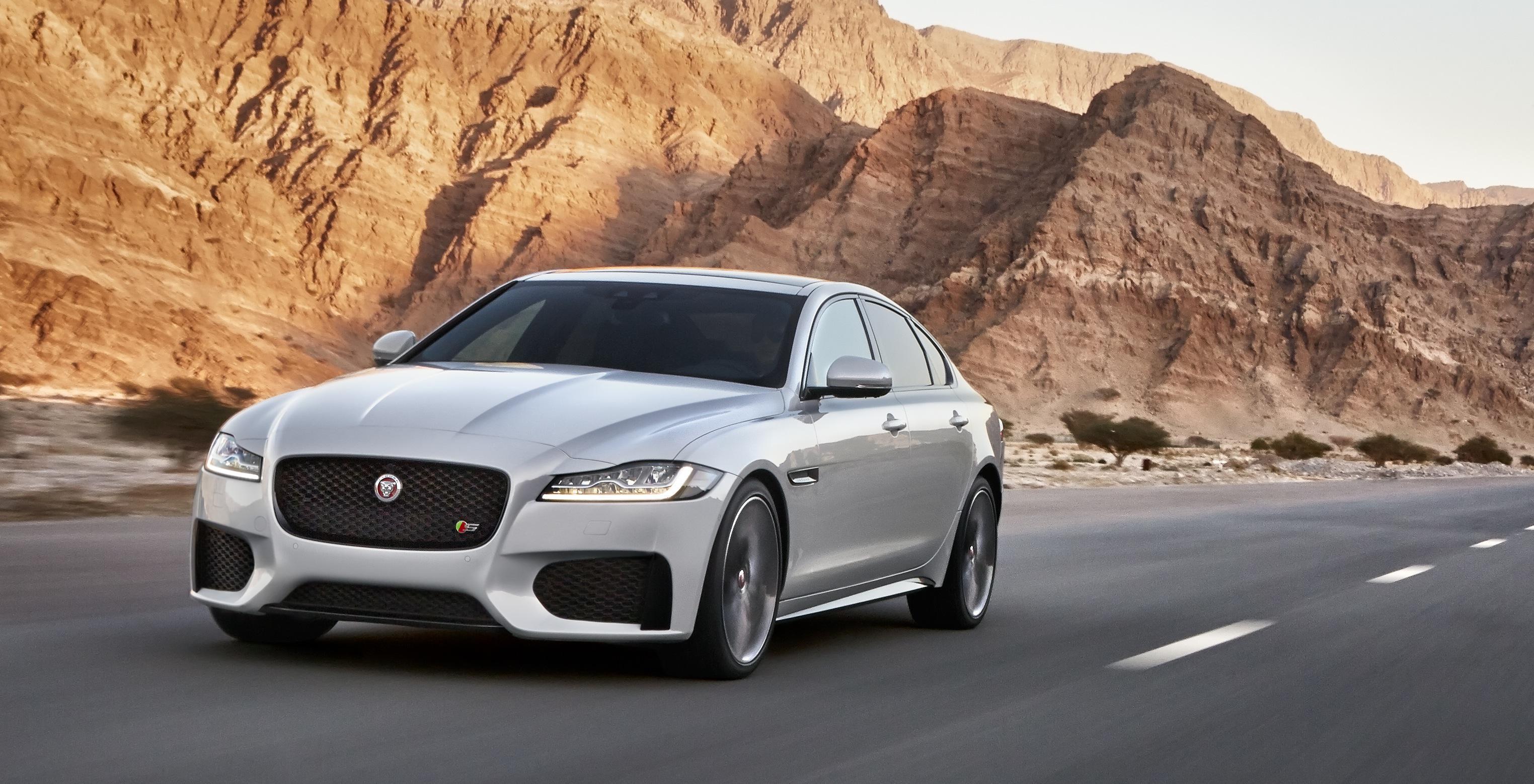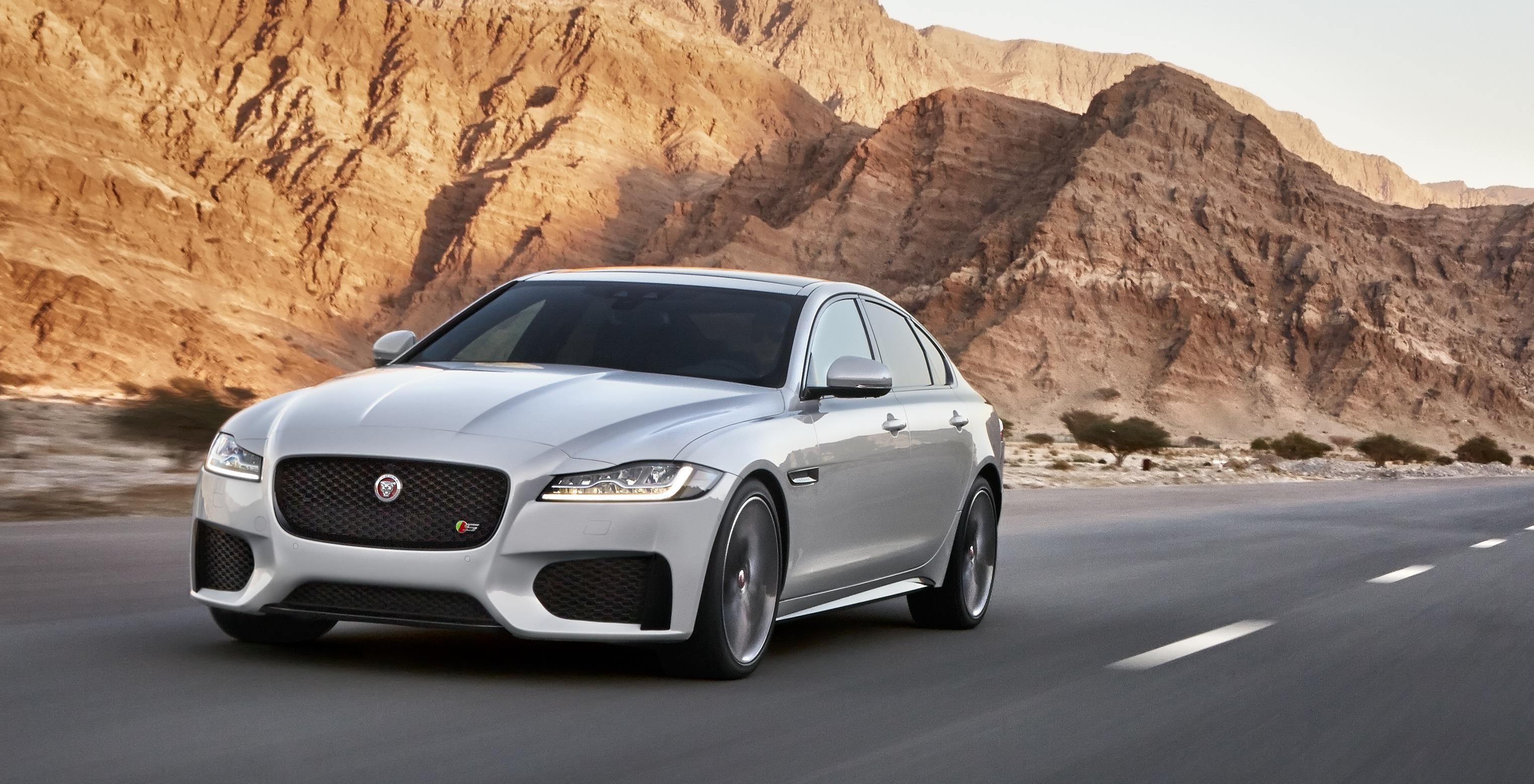
Cross-country trips in electrified cars are about to get lighter
The inwards track on Washington politics.
*Invalid email address
President Obama is making it a little lighter for electrical car owners to make cross-country drives.
The White House said Thursday that it’s officially designating forty eight U.S. interstates as electrical vehicle charging corridors, meaning drivers on those highways will be able to expect charging stations every fifty miles or so.
The routes will have signs pointing drivers to nearby charging points, just as drivers of traditional cars presently benefit from highway signs notifying them of gas stations ahead. The fresh signs cover harshly 25,000 miles of roadway and will eventually be posted in thirty five states and the District of Columbia, according to the Obama administration.
Here’s a map of the EV charging corridors.
(U.S. Department of Transportation)
One of the thickest barriers to electrified car adoption, analysts say, is “range anxiety” — the fear of being incapable to recharge an EV’s battery while out and about. For commuters who can buttplug in their cars every night, this is less of a problem. But for long-haul drives, the uncertainty can be crippling. Volkswagen’s e-Golf, Chevrolet’s Spark and BMW’s i3 all travel toughly eighty miles on a single charge. Newer mainstream vehicles such as Tesla’s Model three and Chevy’s Bolt EV can produce more than twice that, but those vehicles have yet to hit the market. Other, more capable models exist, but are largely out of reach of regular consumers.
Thursday’s announcement doesn’t just cover electrified vehicles. It also identifies several interstates as refueling corridors for cars that run on hydrogen, propane and natural gas.
But the initiative primarily targets electrical vehicles as more automakers have begun contesting to produce a mainstream, affordable electrical car.
“The Obama administration’s continued efforts to increase accessibility to electrical vehicle charging at our highways, homes, and businesses will help speed our transition to a 21st century clean transportation system,” said Gina Coplon-Newfield, director of the Sierra Club’s Electrified Vehicles Initiative.
Some of the world’s thickest companies have agreed to support the EV charging corridors. They include BMW, General Electrified, General Motors, Nissan and PG&E, among others. In addition, the Department of Transportation is expected to produce two studies on charging technology, one of which will aim to determine how many charging stations the country needs for a fully fledged EV charging network.
While consumers may be relatively slow to adopt electrified cars in their own garages, businesses nationwide are thinking ahead. Companies such as Ford and Uber view electrical vehicles as an energy-efficient way to support ride-hailing and collective car usage, for example. With the advent of wireless electrical charging, vehicle fleets could someday be able to refuel themselves without any human intervention at all.
